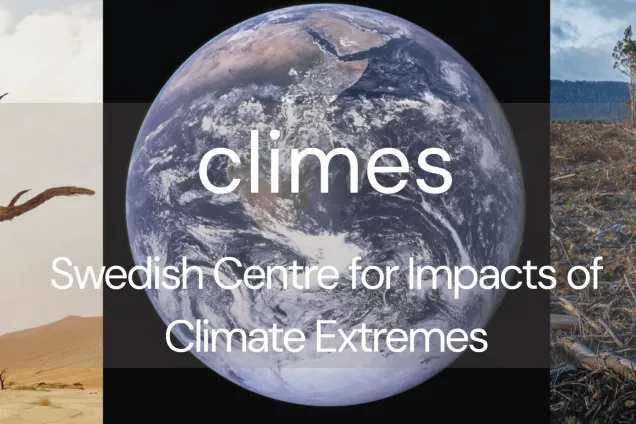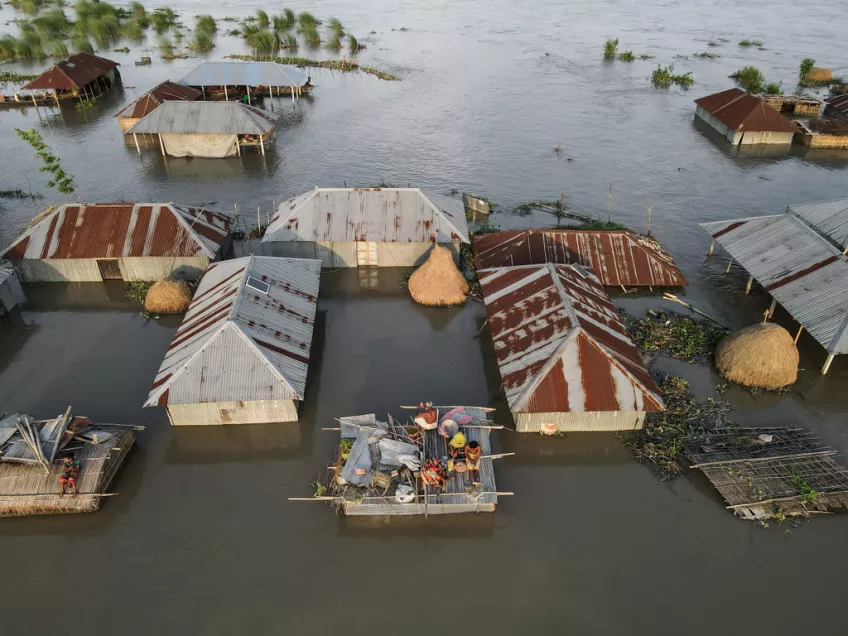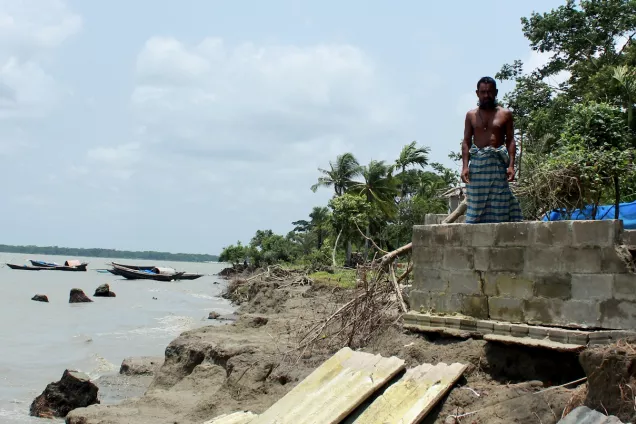Loss and damage, extremes, and just adaptation
Key research area
The effects of climate change are causing great suffering, losses and damages, especially for the most vulnerable. LUCSUS research aims to identify where loss and damage from climate change is happening, whom it affects, why, and at what scale. In focus are questions relating to just adaptation, intersectionality and responsibility. Our work contribute towards addressing inevitable losses and damages, and supporting climate governance.
At LUCSUS researchers are studying loss and damage and adaptation to climate change through a lens of power, intersectionality, and climate justice. We analyse and link local and global events and contexts, with a special focus on governance, marginalised groups, and non-economic loss and damage, which include intangible losses like loss of identity, culture, traditions and networks due to relocation or because of changes in people’s surroundings such as deforestation or sea level rise.
Climate risks are cross-boundary, cross-scale, and multi-dimensional, and how we adapt to these risks requires an understanding of who and what is vulnerable, as well as who has the capability to adapt.
Loss and damage in Africa
LUCUS is leading the first ever research network focusing on loss and damage in Africa. Established in 2020, it aims to develop research on people’s experiences of losses and damages from climate change, since many nations in Africa will, or are already, experiencing adverse climate change impacts. These effects willl exacerbate existing sustainable development challenges such as poverty and food insecurity. The network brings together Swedish loss and damage expertise with advanced African research on climate change impacts and policy solutions to mutually strengthen the international knowledge base and African scholarship in the loss and damage field.
What is loss and damage?
Loss and damage is the “third pillar” of international climate governance alongside mitigation and adaptation. When mitigation and adaptation fail, losses and damages occur. Losses are permanent and irreversible, for example of human lives, health, species loss, cultural heritage, traditions and livelihoods. Damages are things that are damaged, for example degraded ecosystems, that can be repaired or restored.
Warsaw International Mechanism for Loss and Damage associated with Climate Change Impacts (WIM)
The COP established the Warsaw International Mechanism for Loss and Damage associated with Climate Change Impacts (Loss and Damage Mechanism), to address loss and damage associated with impacts of climate change, including extreme events and slow onset events, in developing countries that are particularly vulnerable to the adverse effects of climate change at COP19 (November 2013) in Warsaw, Poland.

CLIMES - Swedish Centre for Impacts of Climate Extremes
The Swedish Centre for Impacts of Climate Extremes is a platform for research and training to promote scientific progress in the study of climate extremes and support societal resilience. The centre bridges the physical, medical, social and engineering sciences and focuses on three overarching themes: compiling data on impacts of climate extremes; investigating the societal and physical interplays determining the impacts of an extreme; and building policy-actionable scenarios of impacts of future extremes.
LUCSUS is the co-host of CLIMES, which is a collaborative effort uniting researchers from Uppsala University, LUCSUS, and RISE. CLIMES is project managed from Uppsala University.
Latest projects
Latest publications
Videos, policy briefs and other related material
What is loss and damage?
A short explainer of loss and damage

